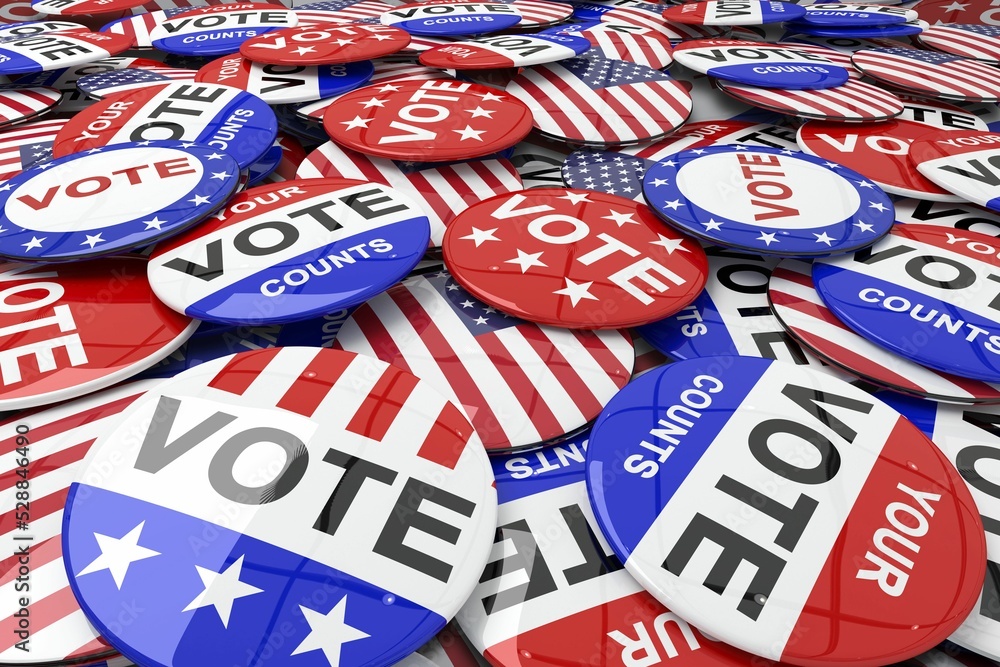
Many states are moving slowly toward restoring voter rights to convicted felons, but some other states are taking steps to make voting more difficult, The New York Times reports.
Tennessee is an example of a state that erects new roadblocks for formerly incarcerated persons who want to vote.
“The Tennessee elections division is anti-voter. They’re just using every tool at their disposal to make sure people don’t have their voting rights,” said Blair Bowie, the director of the Restore Your Vote initiative.
The July 25, 2023 article quoted a 2022 report by The Sentencing Project, which said that 472,000 Tennessee residents remain disenfranchised because of the state’s high conviction rate, which is the highest in the United States.
The state’s recent policy changes leave the restoration of voting rights to the discretion of judges or the governor, which “makes the process more difficult than it’s ever been,” said Bowie
Such discretion by the courts and by politicians has invited comparisons with Florida, which also uses bias laws to ban returned citizens from reclaiming their right to vote.
In 2018, Florida voters ratified a constitutional amendment that restored voting rights. The state legislature later changed conditions to the restoration process, which made voting all but impossible, said the article.
Bowie said less than 1% of disenfranchised formerly incarcerated persons in Tennessee have had their voting rights restored. Florida has 1.15 million disenfranchised returned citizens, The Sentencing Project reports.
Many state governments have progressively moved to grant voting rights to former incarcerated persons, with the exception of persons convicted of murder and sex offenses, the newspaper noted.
Some Red states have tightened the rules. The Republican Governor of Virginia withdrew an executive order that restored voting rights to some 300,000 formerly incarcerated persons.
The North Carolina Supreme Court has reversed a ruling that awarded voting rights to 56,000 released persons who remained on parole.